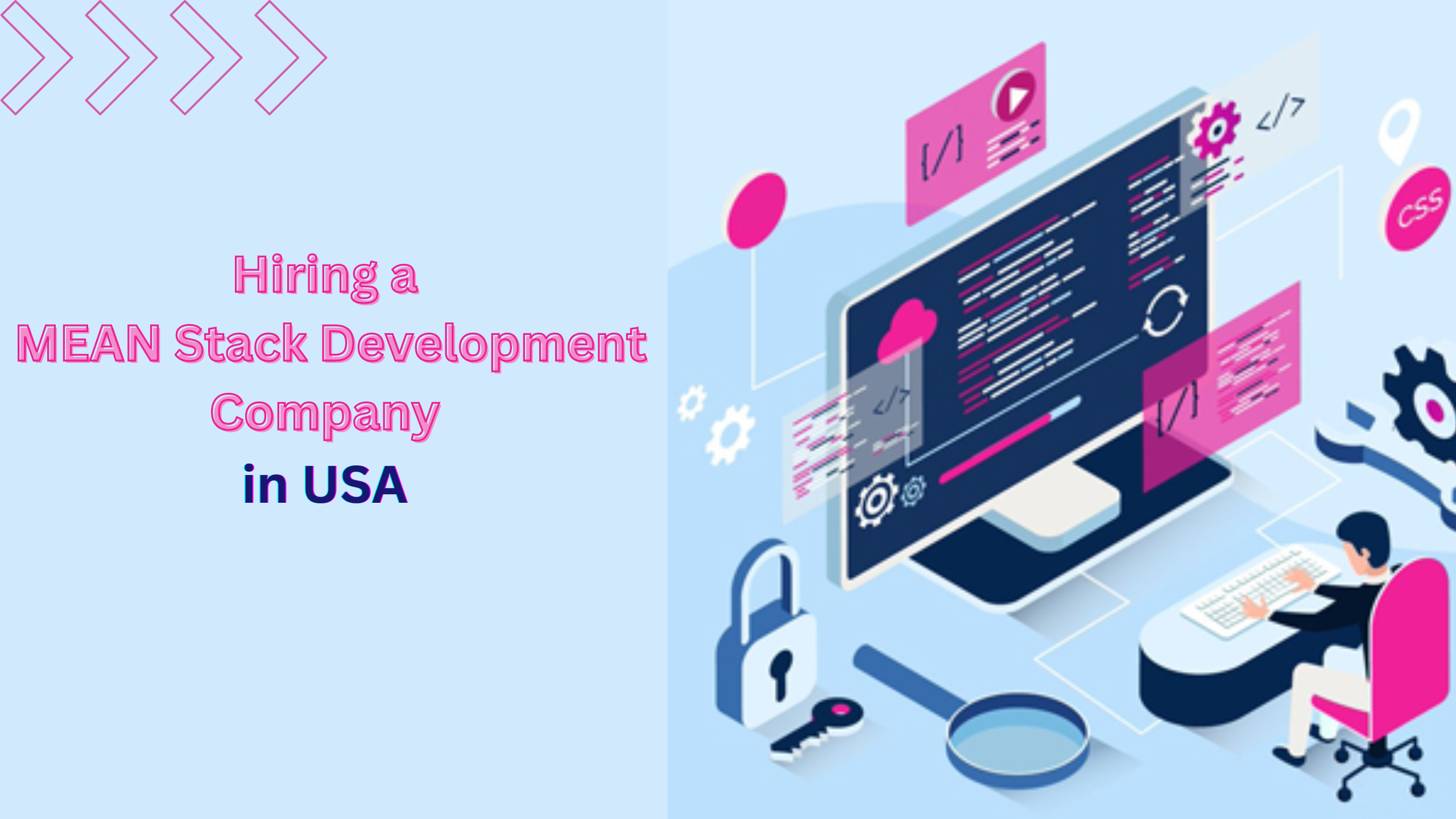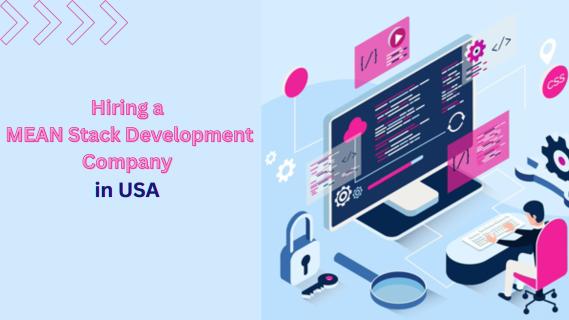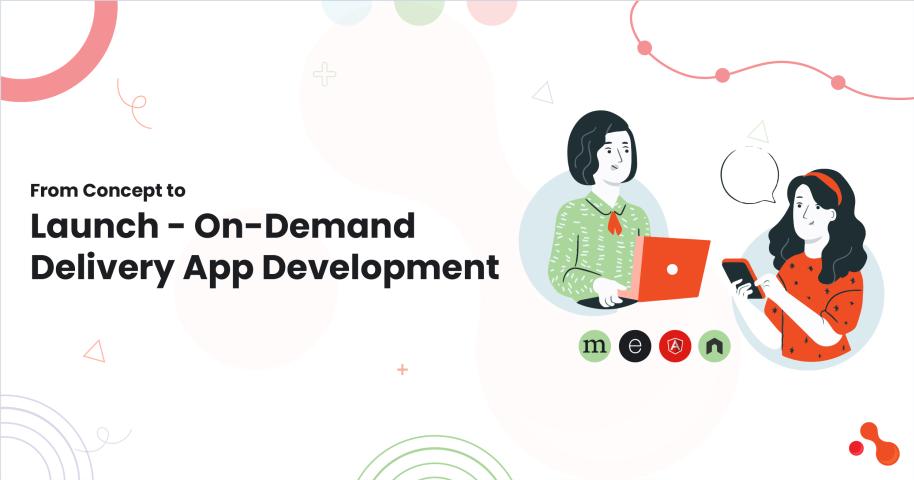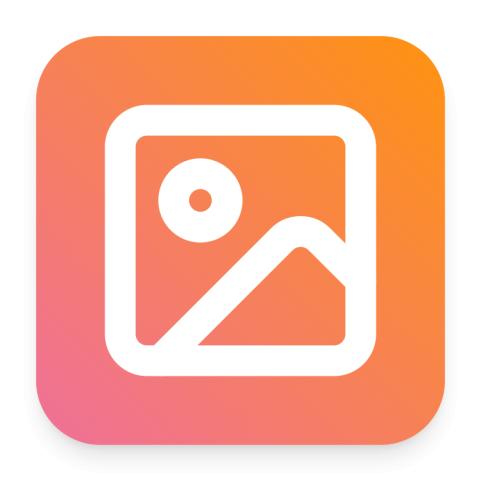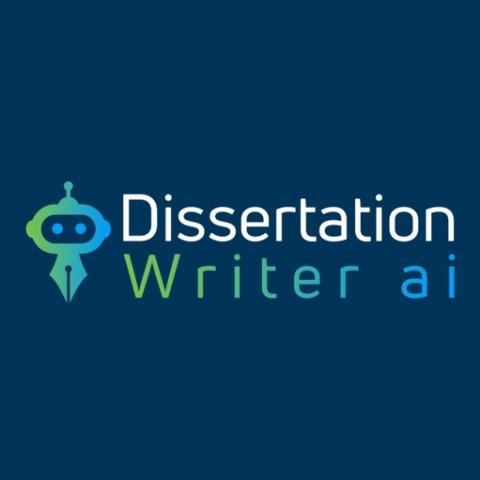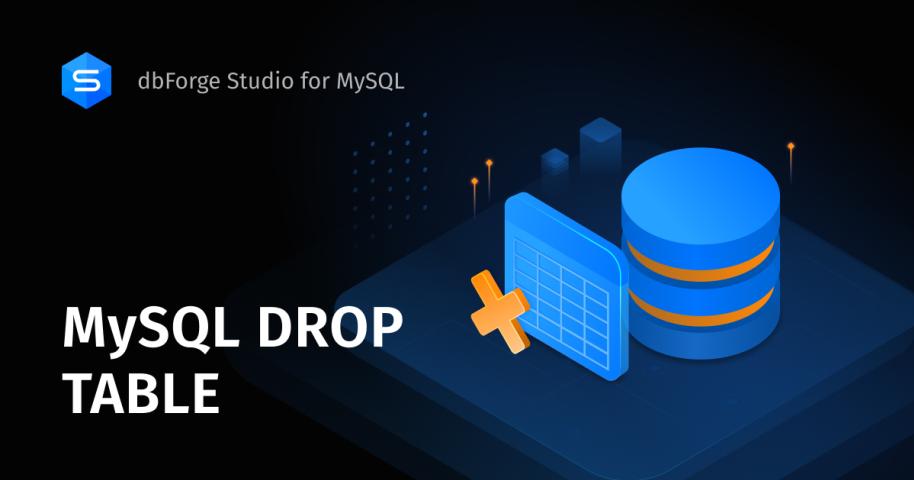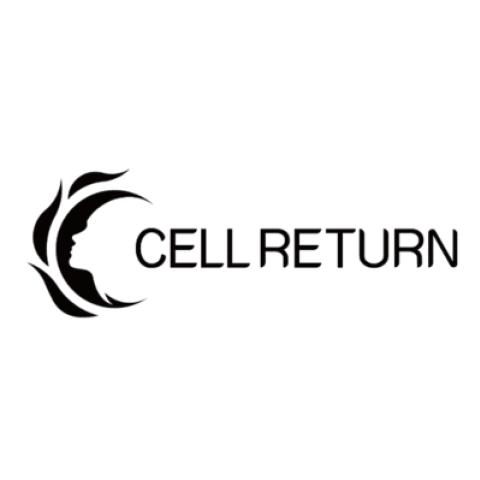In today’s rapidly evolving technological landscape, selecting the right MEAN stack development company is crucial for the success of your project. The MEAN stack—comprising MongoDB, Express.js, Angular, and Node.js—has emerged as a powerful framework for building dynamic and scalable web applications. However, not all MEAN stack development companies are created equal, and choosing the wrong partner can lead to delays, subpar quality, and inflated costs. To ensure you make an informed decision, here are 17 vital inquiries to pose when hiring a MEAN stack development company in the USA.
1. What is Your Experience with MEAN Stack Development?
Start by evaluating the company’s expertise in the MEAN stack. Ask about their experience, the number of projects they have completed, and the types of applications they have developed using this technology. A company with a rich portfolio of MEAN stack projects will likely have encountered and overcome various challenges, making them more adept at handling your requirements.
2. Can You Provide Case Studies or References?
Requesting case studies or references allows you to gauge the company’s ability to deliver on its promises. Case studies offer insights into their problem-solving capabilities, project management skills, and the overall quality of their work. Talking to past clients can also provide valuable feedback on their reliability and professionalism.
3. What is Your Development Process?
Understanding the development process is crucial for setting expectations. Ask about their methodology—whether they follow Agile, Scrum, or any other development framework. A well-defined process ensures that the project progresses smoothly, with regular updates and opportunities for feedback and adjustments.
4. How Do You Ensure Quality Assurance?
Quality assurance is a critical aspect of any development project. Inquire about their testing procedures, tools, and practices. A robust QA process involves thorough testing at various stages of development to identify and rectify issues early, ensuring a stable and reliable end product.
5. What is Your Approach to Project Management?
Effective project management is key to meeting deadlines and staying within budget. Ask about their project management tools, communication channels, and reporting mechanisms. Understanding how they track progress, handle delays, and manage resources will give you confidence in their ability to deliver on time.
6. Can You Provide a Detailed Cost Estimate?
A transparent cost estimate is essential to avoid unexpected expenses. Request a detailed breakdown of the costs involved, including development, testing, deployment, and maintenance. Be wary of companies that provide vague estimates or refuse to disclose specific cost components.
7. How Do You Handle Post-Development Support and Maintenance?
Post-development support and maintenance are vital for the long-term success of your application. Inquire about their support packages, response times, and maintenance plans. A reliable partner should offer ongoing support to address any issues, perform updates, and ensure the application remains secure and up-to-date.
8. What Security Measures Do You Implement?
Security is a top priority for any web application. Ask about the security measures they implement during development, such as data encryption, secure authentication, and regular security audits. A company that prioritizes security will help protect your application from potential threats and vulnerabilities.
9. How Do You Ensure Scalability?
Scalability is essential for accommodating future growth and increased user demand. Discuss their approach to building scalable applications and how they handle performance optimization. A scalable solution will save you from costly redevelopments and ensure a smooth user experience as your application grows.
10. What is Your Team Composition?
Understanding the team structure and expertise is important for assessing their capability to deliver. Ask about the roles and experience of team members, including developers, designers, QA specialists, and project managers. A well-rounded team with diverse skills will be better equipped to handle complex projects.
11. Can You Customize Solutions to Meet Our Specific Needs?
Every project has unique requirements, and a one-size-fits-all approach rarely works. Inquire about their ability to tailor solutions to meet your specific needs. A company that takes the time to understand your business goals and customizes their approach accordingly will deliver a more effective and relevant solution.
12. How Do You Handle Communication and Collaboration?
Effective communication and collaboration are crucial for the success of any development project. Discuss their communication protocols, preferred tools (such as Slack, Jira, or Trello), and frequency of updates. Clear and consistent communication will ensure that you are always informed about the project’s status and can provide timely feedback.
13. What is Your Approach to Handling Challenges and Risks?
Every project encounters challenges and risks. Ask about their risk management strategies and how they handle unforeseen issues. A proactive approach to identifying and mitigating risks will minimize disruptions and keep the project on track.
14. Do You Offer Training and Documentation?
Comprehensive training and documentation are essential for a smooth transition and effective use of the application. Inquire about the training they provide for your team and the quality of their documentation. Well-documented code and user guides will facilitate future maintenance and updates.
15. How Do You Handle Data Migration and Integration?
Data migration and integration with existing systems can be complex and challenging. Ask about their experience and approach to handling these aspects. A company with a proven track record in data migration and integration will ensure a seamless transition and minimize data loss or inconsistencies.
16. What is Your Approach to User Experience (UX) Design?
A great user experience is critical for the success of any application. Discuss their approach to UX/ UI design solutions, including user research, prototyping, and usability testing. A company that prioritizes UX will create an intuitive and engaging application that meets the needs of your users.
17. Can You Provide a Timeline for the Project?
A realistic timeline is essential for planning and resource allocation. Request a detailed project timeline with milestones and deliverables. Understanding the project’s duration and key phases will help you manage expectations and ensure timely delivery.
Conclusion
Choosing the right MEAN stack development company in the USA is a crucial decision that can significantly impact the success of your project. By asking these 17 vital questions, you can gain a comprehensive understanding of the company’s capabilities, processes, and commitment to delivering high-quality solutions. Remember, a reliable and experienced development partner will not only build a robust application but also provide ongoing support and guidance to ensure its long-term success. Take the time to conduct thorough research, ask the right questions, and select a company that aligns with your business goals and values.
